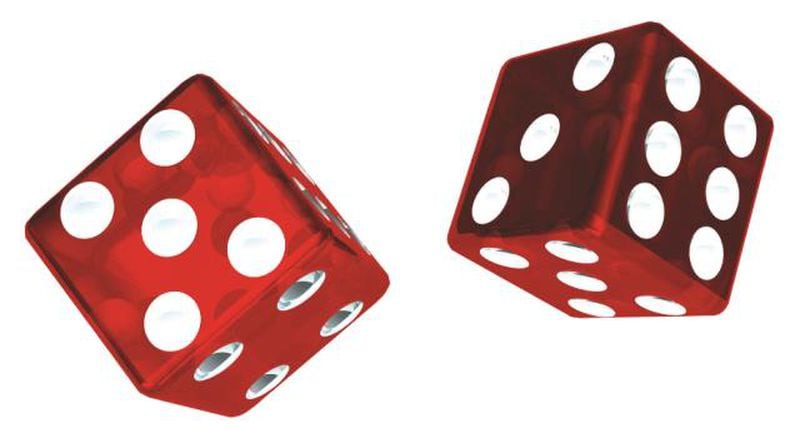Patti Ghezzi, a former AJC education reporter, works in university communications. As a journalist, advocate and parent, Ghezzi has had a longtime interest in education issues and education equity.
By Patti Ghezzi
In the mid 1990s, I was a tutor at Parklane Elementary in East Point, a school with a history of high poverty and low achievement.
Parklane was a cheerful school staffed with teachers who walked the hallways with their heads held high. A second-grade teacher assigned me two students, Nicole and Jacob.
Credit: Maureen Downey
Credit: Maureen Downey
She told me the most important thing I could do for Nicole and Jacob was to help them tell time and count money. These were key second-grade skills, important for life and for the Iowa Test of Basic Skills. (Yes, standardized tests mattered even before the CRCT.)
To teach them about money, I created a game with a giant die and game board, both made out of poster board, some mismatched game pieces and fake money. The game was a hit. When I arrived for our weekly tutoring sessions, they couldn’t wait to play that money game.
Even though I tutored them in the library, we never read or worked on anything other than money and time. I believed a narrow focus would yield results. Money and time. Time and money. Focus, focus.
They were sweet, chatty children, and I can still recall their faces. Nicole had small features, and her hair was always pulled back tight in twists. Jacob, doughy and round, had that mini grownup look.
Most days, I left my tutoring sessions confused. Nicole and Jacob remembered the rules of the money game from week to week, but they didn’t remember the values of the coins. I had to go over the values every time. Two nickels equal a dime. Five nickels equal a quarter. Four quarters equal a dollar. By the end of our session they would seem to have the values down. But the next week I would have to explain it again, even pennies.
A teacher friend told me to use real money, so I rounded up real coins, and we played with those.
At the end of the school year, Jacob and Nicole showed little improvement in their understanding of money or time. I left Parklane with acknowledgment of my failure and respect for teachers who work in schools that are part of a city’s complex ecosystem of intractable poverty.
I did not leave thinking Nicole and Jacob couldn’t learn. They were so eager and bright, of course they could learn! I just didn’t know how to teach them.
Looking back, I wonder why I didn’t try something different, like setting up a store with a cash register. Instead I kept playing that game over and over thinking something would stick. Nothing ever did.
Twenty years later, I see this happening in education. Surely if we keep at it, this high-stakes testing will work. We’ve sunk enough money and time into it.
High-stakes testing makes sense in the abstract. Catch kids who can’t read in third grade and hold them there until they can. Tutor them. Don’t let them go on to fourth grade until they can read. Hmmm… that’s not working. How about getting an early jump on reading the very moment a child enters school? Test kids in kindergarten. Build up data on them. Hmmm… still not getting results. Teachers need to teach harder. Let’s make the stakes higher by tying their evaluations to their students’ test scores. That will motivate them to stop making excuses and teach better.
A whole dysfunctional industry and culture has built up around high-stakes testing, and we have seen little success, especially at schools serving poor, minority students. Two decades later, Parklane’s test scores remain low, just as its students remain mostly poor and minority.
Do we keep going because the broken machine is too big to dismantle? Or because we can’t bear to acknowledge defeat by turning around? In Atlanta, we have teachers headed to prison for test cheating. Around the country thousands of parents are refusing to let their kids take standardized tests.
Anybody listening?
No? Okay, well, I’m sure it will be fine. Keep up the high-stakes testing, and I’ll keep rolling my giant cardboard die. I’m sure we will win the game eventually.







